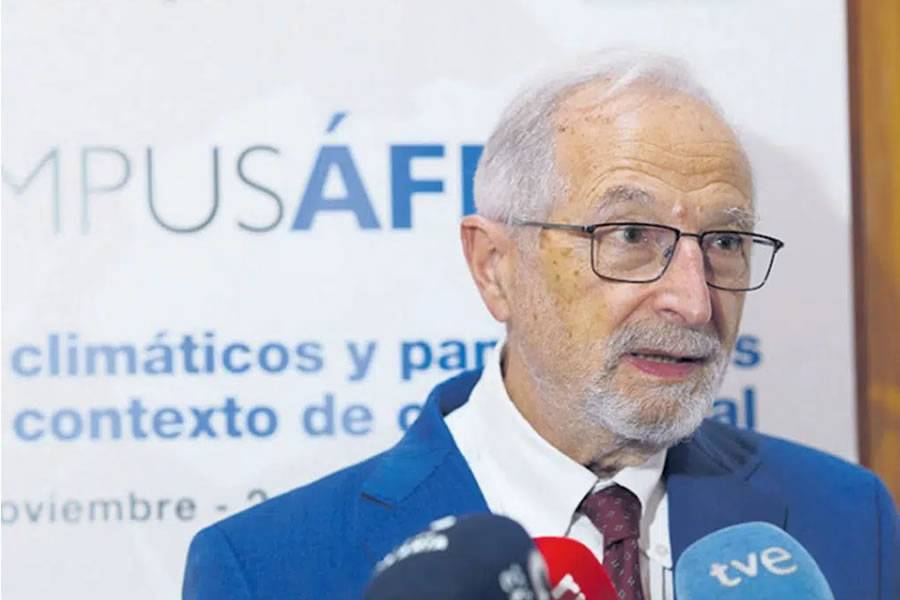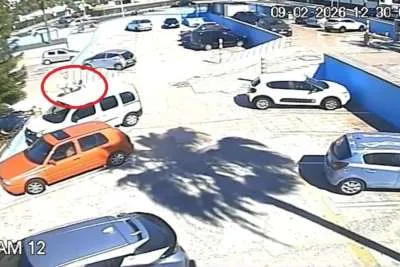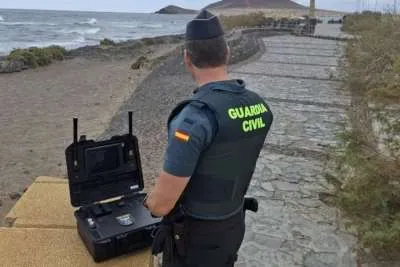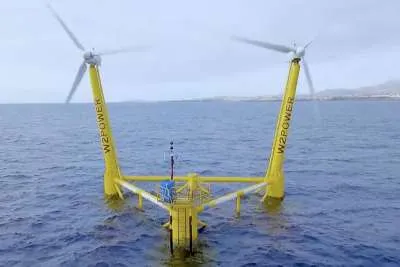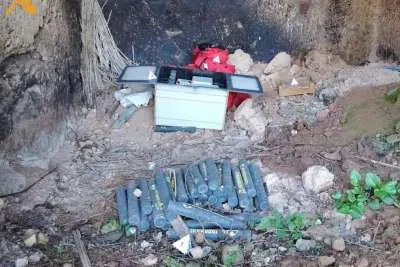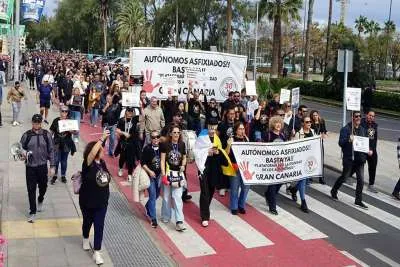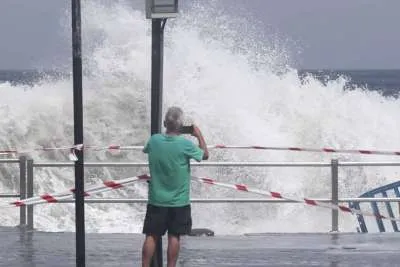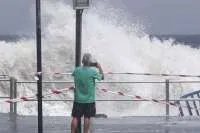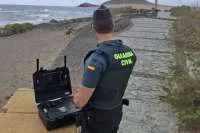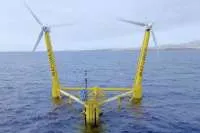Covid update: Gran Canaria rises to alert level 3 for risk of infection
- 14-07-2022
- Health
- Ministry of Health
Gran Canaria is now at alert level 3 for coronavirus and La Palma has increased to 2 following the review of this week’s epidemiological report for the Canary Islands, meaning the island is now at high risk for infection, as the head of the coronavirus laboratory at the CSIC National Biotechnology Centre, Luis Enjuanes, asks for restrictions to be brought back, saying: "We are undervaluing the virus."
The rest of the islands remain at the same alert level as they were: Tenerife remains at level 2 (medium risk), and Lanzarote, Fuerteventura, La Gomera, and El Hierro stay at level 1 (low risk).
The occupancy of hospital beds by Covid patients at high risk in Gran Canaria as admissions continue to increase, but is at medium risk for the islands as a whole. The occupancy of intensive care beds is at the same level of risk as before in all islands.
The Ministry of Health reminds that these alert levels are NOT for restrictions, but for risk of infection, specifically in the over 60s and most vulnerable, as that is the only age group being actively screened and monitored, but it is increasing in all age groups as the numbers of people off work with Covid will testify.
“BRING BACK RESTRICTIONS!”
The virologist Luis Enjuanes, has asked the Government to reinstate some restrictive measures, which include the mandatory use of masks indoors, social distancing, reducing group sizes, and limiting attendees at events and festivals, saying: "This is crazy, we are underestimating the virus, holding these big
Enjuanes explained that in summer the virus "loses infectivity" due to high temperatures, but that it is also the time when "it is more easily spread by not wearing a mask on the street, at festivals or nightclubs.”
Regarding vaccination, he pointed out that in Spain "we have a very good situation in terms of acceptance of vaccines", but the immunity that they have induced in the respiratory tract is very low". Therefore, he insists on the need for the elderly to acquire the booster dose: "If a person aged between 18-50 years old responds with an effectiveness of 90%, then those older than 65 only have an effectiveness of 35-40%” he said, “which is why they remain vulnerable”.
He warned that vaccine antibodies "have lost a lot of effectiveness against omicron. Now those who have had three doses will be around 50%, which is why we will encourage the fourth dose in the future.”
Other articles that may interest you...
Trending
Most Read Articles
Featured Videos
TributoFest: Michael Buble promo 14.02.2026
- 30-01-2026
TEAs 2025 Highlights
- 17-11-2025


